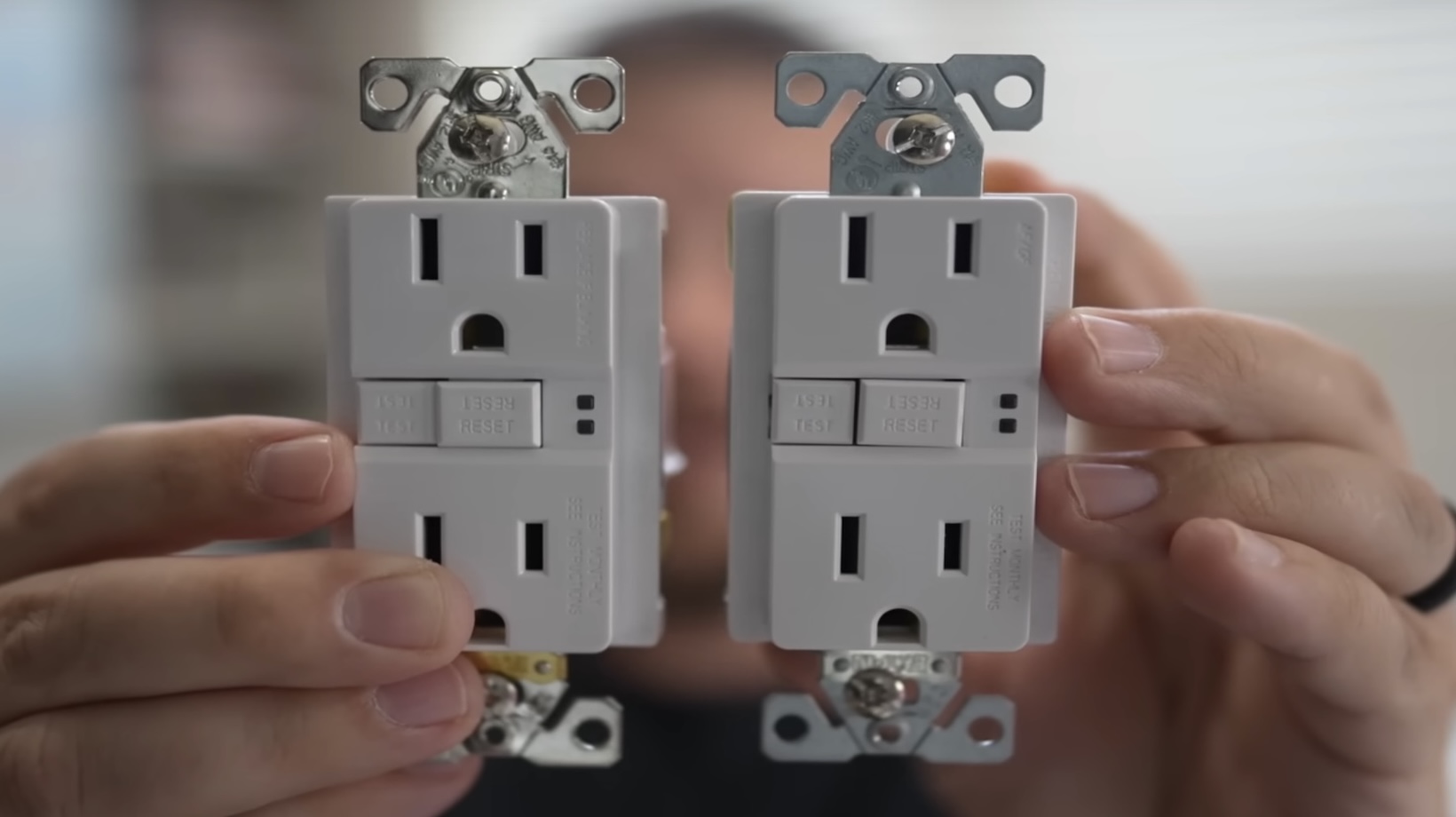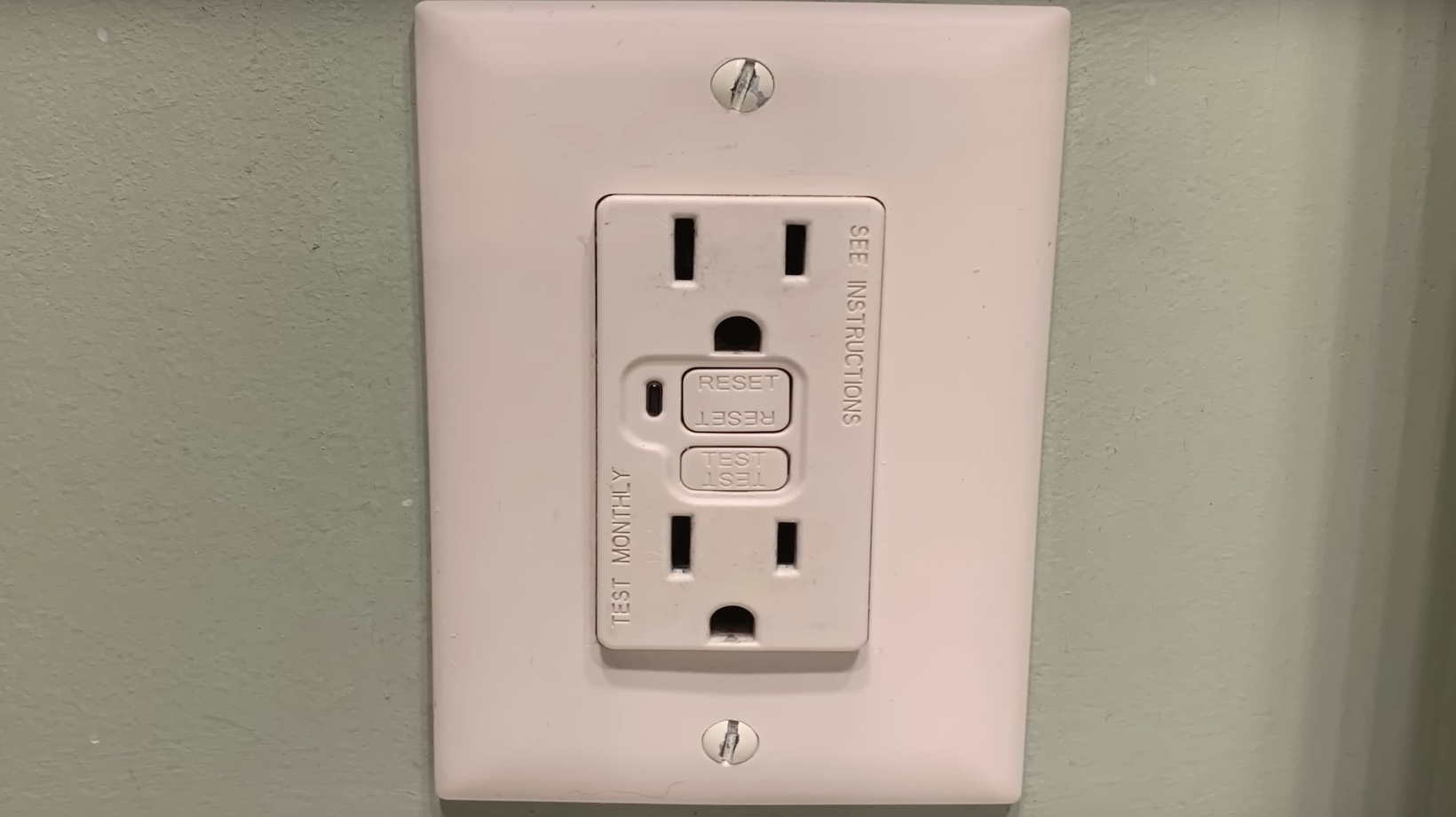
Understanding Amp Ratings
We’ve all heard the term “amp” thrown around when discussing electrical systems, but what does it really mean? Let’s dive in and break down this important concept.
In simplest terms, an ampere (or amp) is a unit of electrical current. It’s crucial to understand that each device or appliance draws a certain amount of amps when functioning. For instance, your coffee maker might require 8.33 amps while your hairdryer could use up to 15 amps.
So, why does this matter? Well, every circuit breaker in your home is designed to handle a specific maximum load before it trips to prevent overheating and potential fire hazards. Hence, if you’re contemplating whether to use a 30-amp breaker instead of a 20-amp one, always remember that safety comes first.
When we talk about circuit breakers with higher amperage ratings like the aforementioned 30-amp versus a lower rated one such as the 20-amp, we’re essentially referring to their capacity or how much electrical current they can safely handle without overloading.
It’s critical not just knowing these numbers but understanding their implications too! Overloading circuits by using breakers not suited for the load can pose serious risks like fires and damage to your electrical system. So let’s be careful out there folks!

Difference Between 20 and 30 Amp Breakers
When we’re talking about electrical breakers, it’s crucial to understand the difference between a 20 amp breaker and a 30 amp one. Essentially, the number signifies the maximum amount of electrical current that the circuit breaker can safely handle before it trips. For instance, a 20 amp breaker is designed to handle up to 20 amps of electricity flowing through it.
Switching gears slightly, let’s take a closer look at what happens when these limits are exceeded. If you’ve ever tried plugging in too many appliances into one circuit, you’ve likely experienced a tripped breaker. This is because excess current flow can cause overheating which poses risk of fire – hence why your breaker steps in to cut off this current.
With this context in mind, we can see notable differences between using a 20 or 30 amp breaker for your circuits. Since a higher amperage means greater electricity flow capacity, a bigger number isn’t necessarily better – rather it’s about matching your needs appropriately.
A key point here though is safety first: don’t just swap out for higher amperage without professional guidance. If you’re considering such changes – consult an electrician! It’s always best practice to stay within manufacturer guidelines and local building codes while making any alterations.
Can I Use a 30 Amp Breaker Instead of 20
Let’s admit, sometimes we find ourselves in situations where adjusting our existing setup seems tempting. Swapping a 20-amp breaker with a 30-amp may cross our minds more than once. But when is it actually viable?
Take for instance, you’re planning to upgrade your appliances or install new ones that demand higher power consumption. It’s in these scenarios that the idea of swapping breakers might be worth considering. Think about it – installing an air conditioner unit or maybe an electric heater that demands greater amperage won’t work efficiently on the old 20-amp breaker.
Another possible situation could be remodeling or expanding part of your home where additional electrical circuits are needed. In such instances, upgrading to a 30-amp breaker can help support the added load without triggering frequent trips.
Now, let’s say there’s been noticeable wear and tear on your current circuit breaker over time – another solid reason to contemplate this swap. Aging electrical panels can have trouble handling modern-day electricity demands and thus a higher ampere breaker might just do the trick.
Lastly, if you’ve been experiencing frequent tripping of your circuit breaker despite no significant increase in appliance usage or addition of new devices – it might indicate that your current system is struggling to cope up with even its regular load. This could signal a need for an upgrade.
However, before making any changes remember safety is paramount! Always consult with professionals before attempting to change anything related to electrical wiring in your house as improper handling can lead to serious risks including fires.

 By
By 


